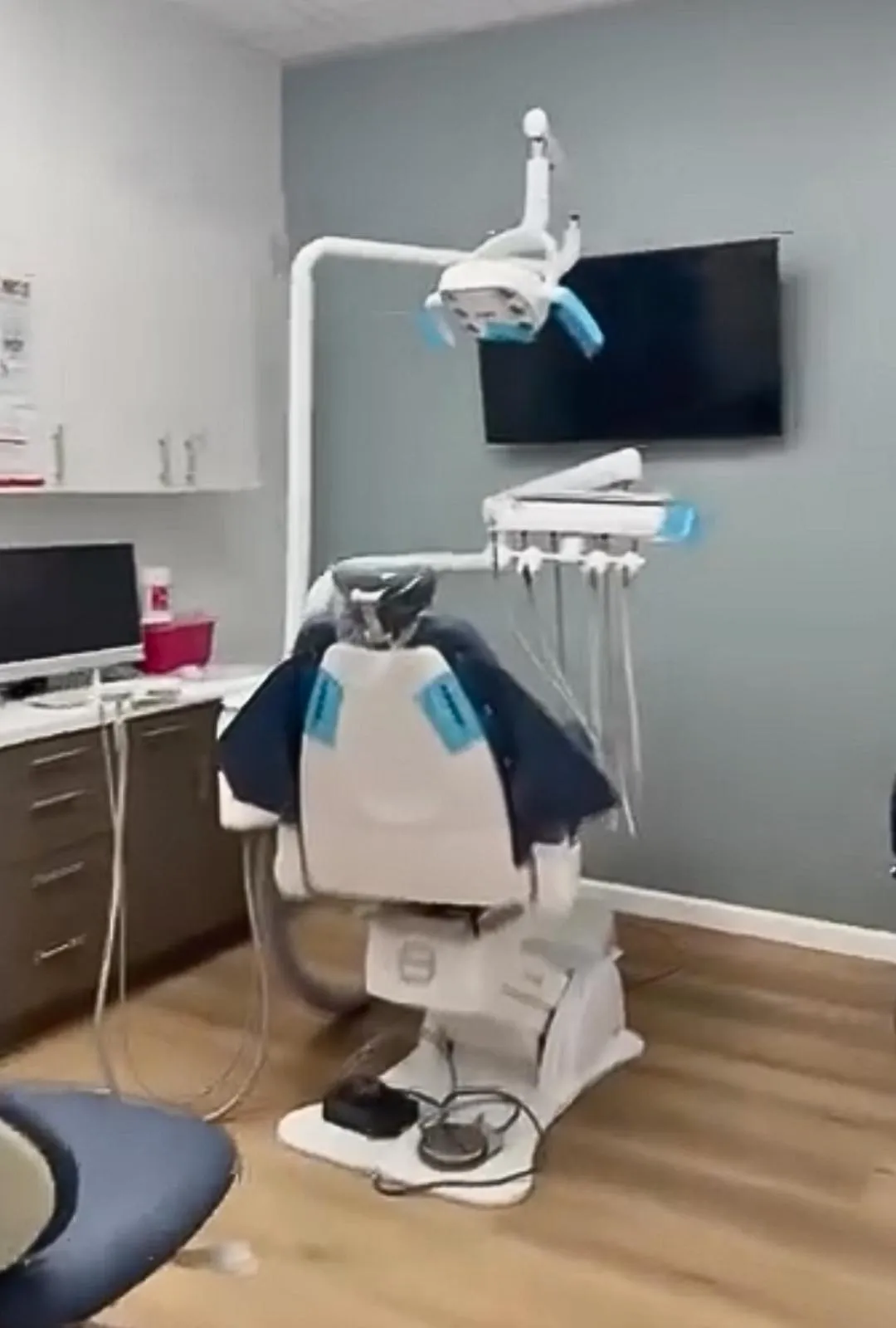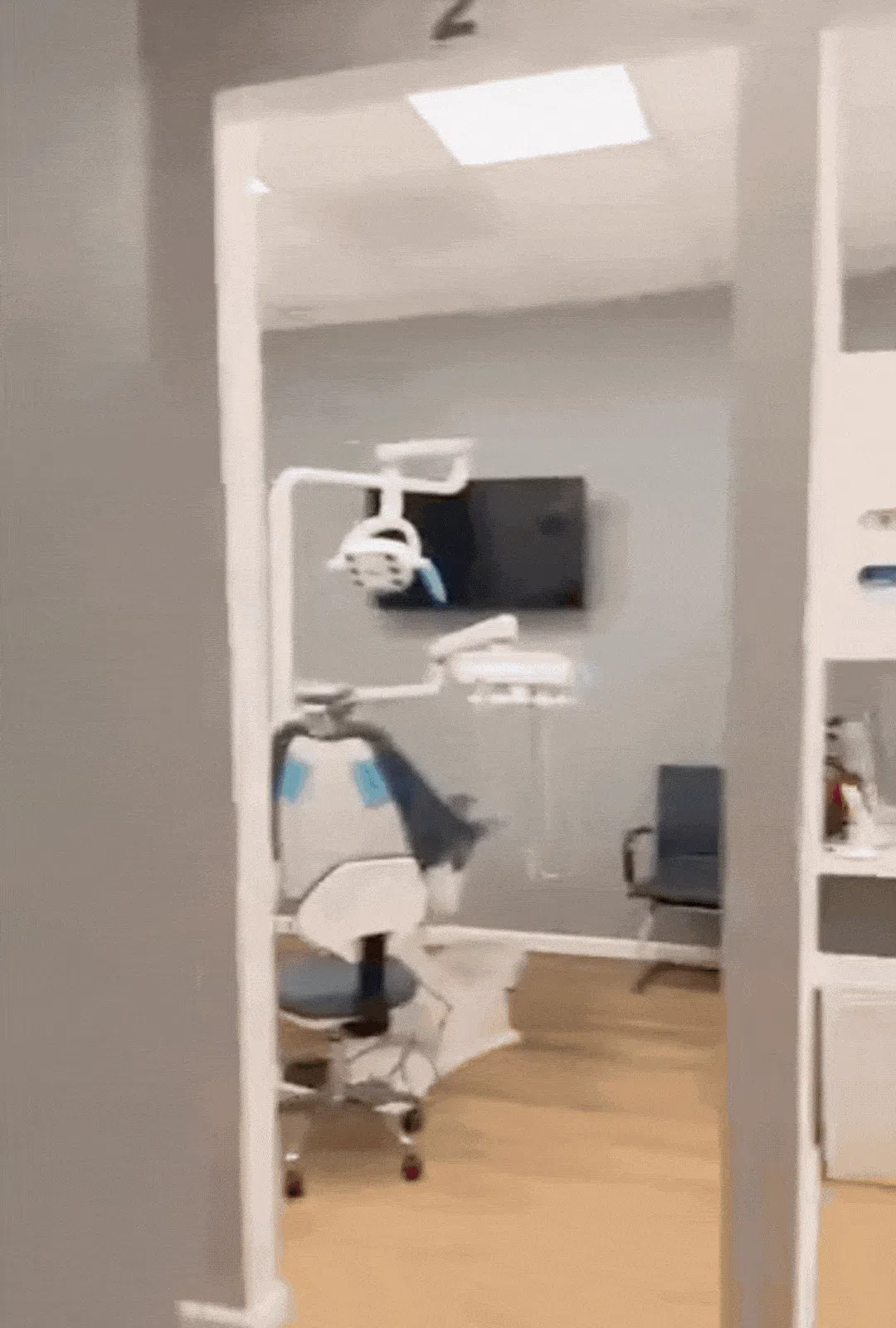
Managing Dental Pain: How to Relieve Oral Discomfort Safely
Managing Pain
Home Remedies for Managing Oral Pain
2. Avoid Hard or Crunchy Foods
3. Change Your Sleeping Position
Dental pain can range from mild sensitivity to sharp, persistent aches, and it can impact your ability to eat, sleep, or focus. The good news is, whether you're dealing with a toothache, jaw soreness, or post-procedure discomfort, there are effective ways to manage oral pain both at home and in the dental chair.
Here's what you need to know about the most common pain relief methods and when to seek professional help.
Home Remedies for Managing Oral Pain
If you're experiencing temporary or minor discomfort, start with these simple at-home strategies:
1. Apply Ice Packs
Place a cold compress or ice pack on the outside of the cheek near the affected area. This helps reduce inflammation and numbs the pain.
2. Avoid Hard or Crunchy Foods
Skip hard candy, ice, or tough snacks that can worsen sensitivity or damage vulnerable teeth.
3. Change Your Sleeping Position
Avoid sleeping on your stomach, which can place pressure on your jaw and exacerbate pain, especially in cases of jaw strain or TMJ disorders.
Pain Relief Options Used by Dentists
For more significant or ongoing dental pain, professional treatment is often necessary. Dentists use a range of pain management tools depending on the procedure and patient comfort needs.
1. Anesthetics
Local anesthetics like Novocaine or Lidocaine are used to numb the treatment area so you feel no pain during procedures like fillings, extractions, or root canals.
2. Analgesics
Over-the-counter medications like aspirin, ibuprofen, or acetaminophen help relieve inflammation and mild to moderate pain. Your dentist may prescribe stronger versions for post-operative recovery.
3. Sedation Options
For patients with anxiety or more complex procedures, sedation may be recommended. Types include:
Conscious sedation (you’re relaxed but awake)
Nitrous oxide (laughing gas)
IV sedation
General anesthesia (deep sedation where you’re fully asleep)
These are carefully administered and monitored to ensure a safe, pain-free experience.
When to Contact Your Dentist
Seek prompt dental care if you:
Have pain that lasts more than 48 hours
Experience swelling, fever, or pus (signs of infection)
Can’t chew, speak, or sleep due to discomfort
Suspect a cracked tooth, abscess, or broken dental work
Oral pain doesn’t have to control your life. Schedule a visit with our dental team today to find safe, effective relief and get back to feeling like yourself.









